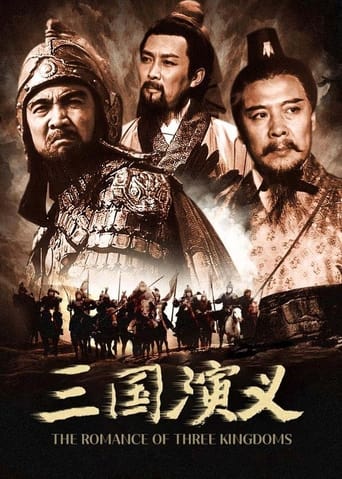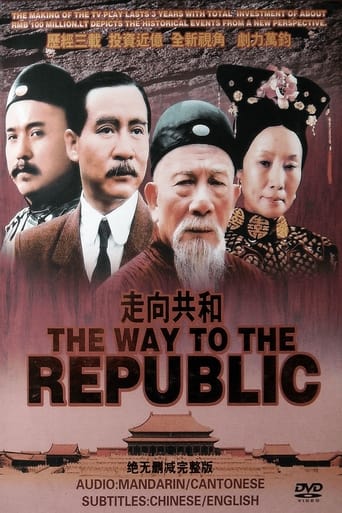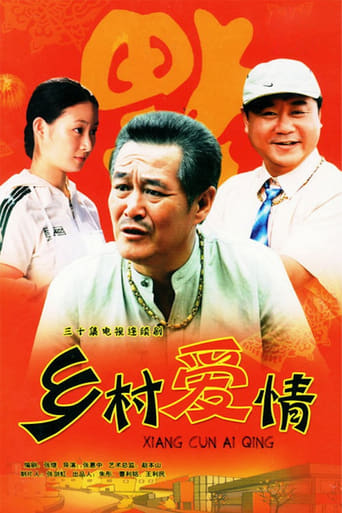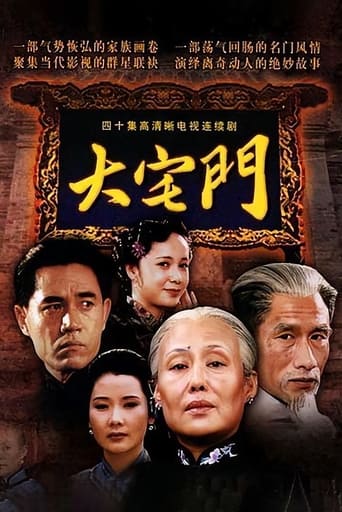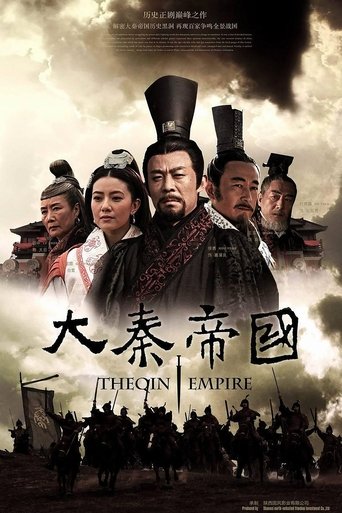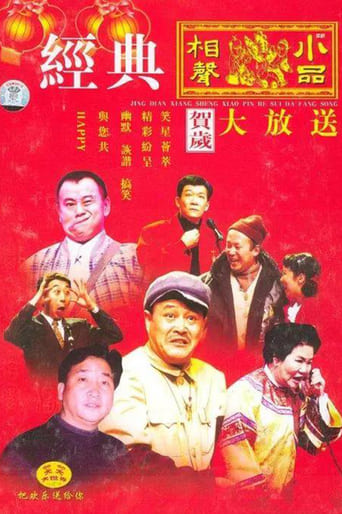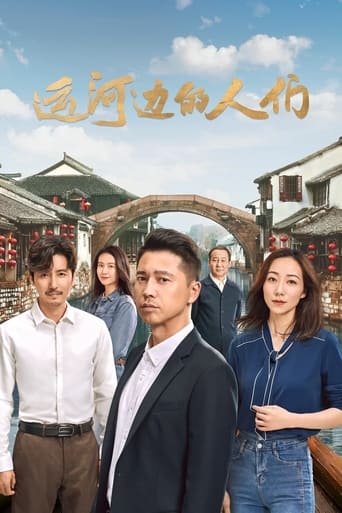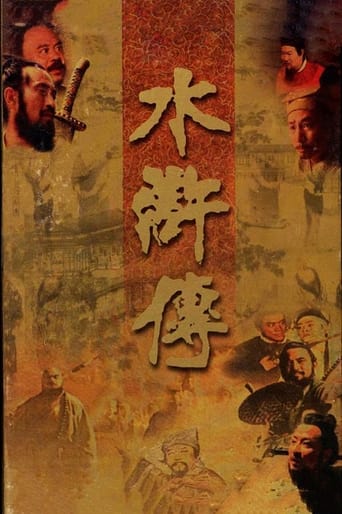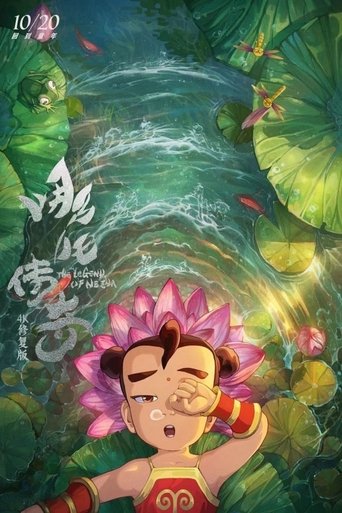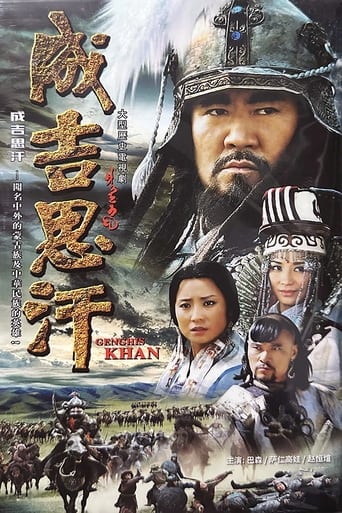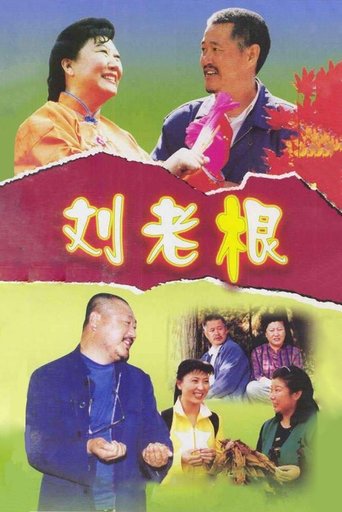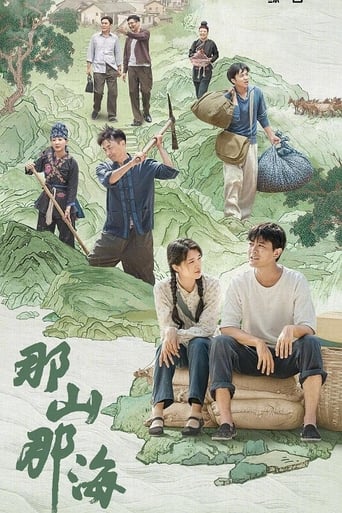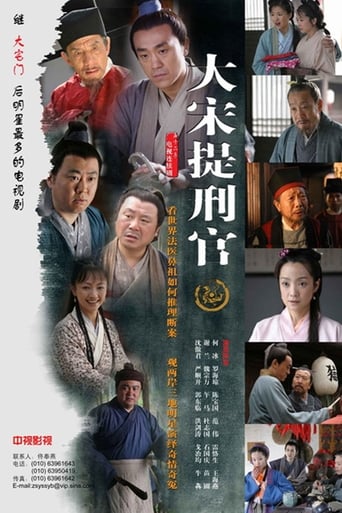CCTV-1
The Romance of the Three Kingdoms 1994
Romance of the Three Kingdoms is a Chinese television series adapted from the classical 14th century novel of the same title by Luo Guanzhong. It is part historical, part legend, and part mythical – romanticises and dramatizes the lives of feudal lords and their retainers, who tried to replace the dwindling Han dynasty or restore it. The focus is mainly on the three power blocs that emerged from the remnants of the Han dynasty, and would eventually form the three states of Cao Wei, Shu Han, and Eastern Wu. The novel deals with the plots, personal and military battles, intrigues, and struggles of these states to achieve dominance for almost 100 years.
For the Sake of the Republic 2003
Towards the Republic, also known as For the Sake of the Republic and Zou Xiang Gong He, is a Chinese historical television series first broadcast on CCTV in China from April to May 2003. The series is based on events that occurred in China between the late 19th century and early 20th century that led to the collapse of the Qing Dynasty and the founding of the Republic of China. Owing to its portrayal of historical issues deemed politically sensitive by the Chinese government, the series has been subject to censorship in mainland China.
Like a Flowing River 2018
The story of Song Yunhui, Lei Dongbao, and Yang Xun as they take part in China’s economic reform from the 1980s to the 1990s.
The Grand Mansion Gate 2001
This Chinese period drama series follows the fortunes of a prominent merchant family engaged in Traditional Chinese Medicine during the waning years of the Ching dynasty. The affairs of this family of doctors/pharmacists (which in those days were one and the same) are intimately linked with social upheavals of the time such as the encroachment of Christian missionaries and foreign imperialism as well as conflicts that inevitably emerge in a large upper class family. Comparable in scope and production value to such recent titles as "Downton Abbey", the lives and character of both masters and servants intertwine in plot lines that spans more than a generation.
Solemn Commitment 2023
Xiao Liming, the representative of the peace and security of Chinese builders, faces the complexity of social contradictions in network fraud, investment mine, corporate compliance, and other risky challenges, and interest groups to fight to protect the people's peace and happiness.
The Qin Empire 2009
The rise of the Qin state in the Warring States period during the reign of Duke Xiao of Qin.
The Grand Canal 2022
开讲啦 2012
The Water Margin 1998
The trials and tribulations of 108 outlaws during the mid Song Dynasty.
Everlasting Classics 2018
Dream of the Red Chamber 1987
Dream of the Red Chamber, first released in 1987, was a television series produced by CCTV, adapted from the classic 18th century Chinese novel of the same name. It gained enormous popularity for its music, cast, and plot adaptation, being regarded by many within China as being a near-definitive adaptation of the story.
The Legend of Nezha 2003
The story follows the growth of little hero Nezha.
Genghis Khan 2004
Genghis Khan is a Chinese-Mongolian co-produced television series based on the life story of Genghis Khan, the founder of the Mongol Empire in the 13th century. Ba Sen, who starred as Genghis Khan in the series, is actually a descendant of Chagatai, the second son of Genghis Khan. The series was first broadcast on CCTV in China in 2004 and was also aired on KBS in South Korea between September and December 2005.
Liu Lao Gen 2002
Journey to the West 1986
Journey to the West is a Chinese television series adapted from the classical novel of the same title. The series was first broadcast on CCTV in China on 1 October 1986. The series became an instant classic in China and is still being praised as the best and most authentic interpretation of the novel. Unadapted portions of the original story were later covered in the second season, which was released in 1999.

